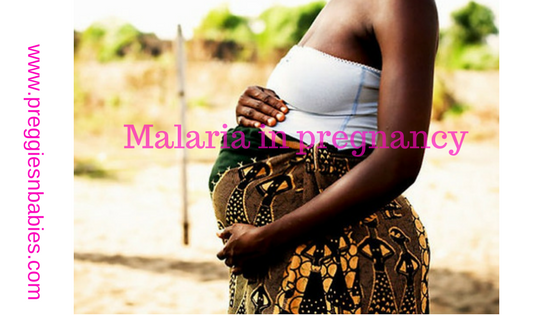Malaria in Pregnancy
Malaria is an infection that is endemic in Nigeria, we practically take malaria as a normal occurrence. Adults who have survived repeated malaria infections throughout their lifetimes may become partially immune to severe or fatal malaria. It is, however, dangerous for pregnant women to have malaria during the period of pregnancy, this is due to the changes that occur in the immune system during pregnancy and the presence of the placenta (a new organ) for parasites to bind, hence, pregnant women lose some of their immunity to malaria infection.

Some of the effects of malaria during pregnancy include:
Anaemia in the mother.
Anaemia in the child.
placental parasitemia (presence of parasites in the blood)
Low birth weight (<2500g or <2.5kg) a risk factor for death premature delivery
intrauterine growth retardation and
fetal loss.
IPTp( intermittent preventive treatment in pregnancy)
IPTp entails administration of a curative dose of an effective antimalarial drug (currently sulfadoxine-pyrimethamine) to all pregnant women whether or not they are infected with the malaria parasite. IPTp should be given at each routine antenatal care visit, starting in the second trimester. So if you go for your antenatal classes regularly you would be given your IPTp. The sooner you get them the better.
All of these conditions have great effects on the health of the mother and child so it’s best to be avoided, Some of the ways in which malaria can be prevented during pregnancy include:
- Use of long lasting insecticide treated nets
- Keeping the environment clean.
- Clearing the bushes around your house.
- Avoid accumulation of stagnant water in your environment.
- Also, use of IPTp from the second trimester of pregnancy.

Sharing excites me, please share, like and comment would love to hear from you.

Ni
Nice one.
Thank you very much. I hope you would visit the blog more.
[…] the antenatal clinic and take their IPT (a prophylactic drug given to pregnant women to prevent Malaria in Pregnancy) as under supervision. be involved if you can follow her for an antenatal clinic and learn a thing […]